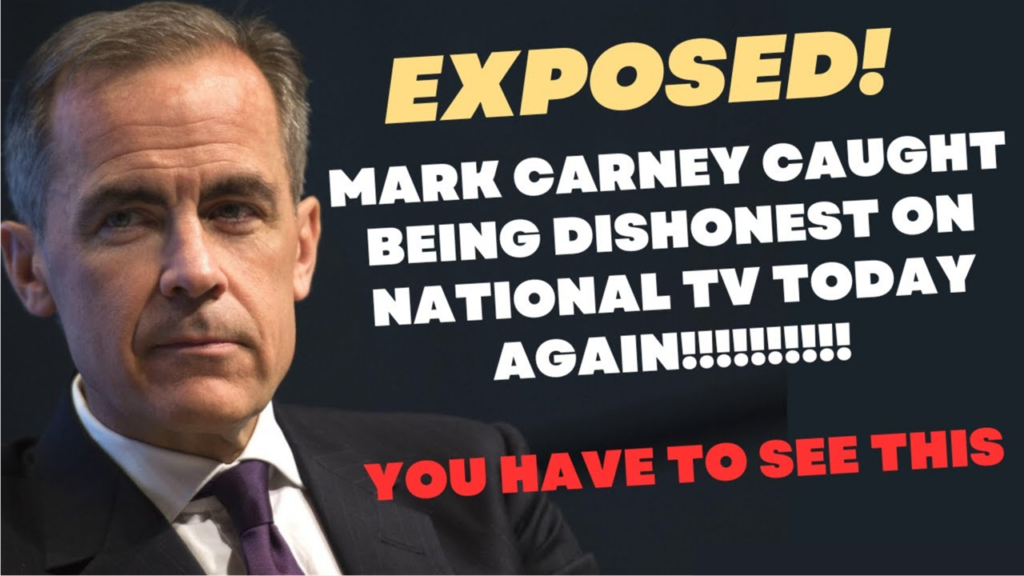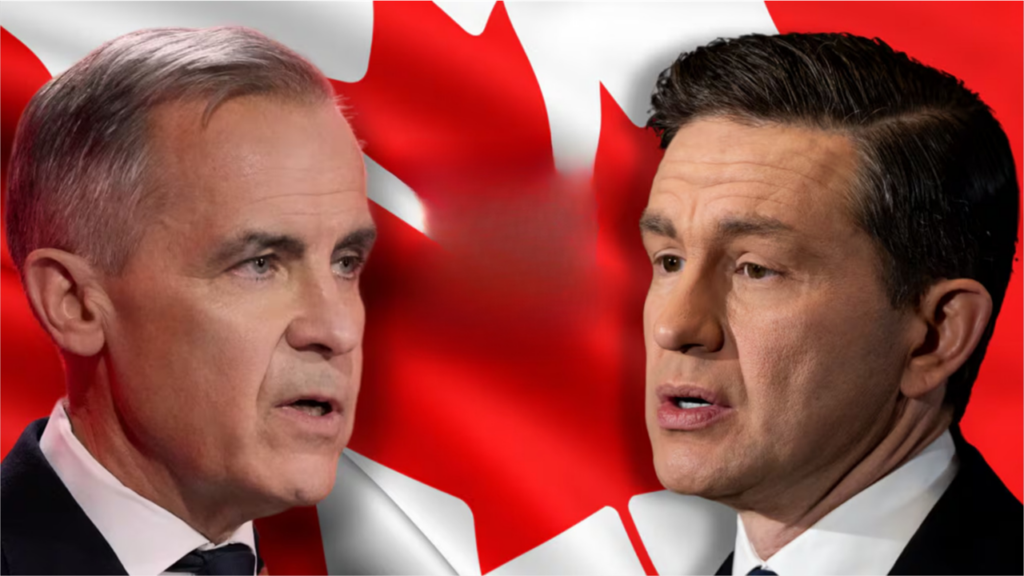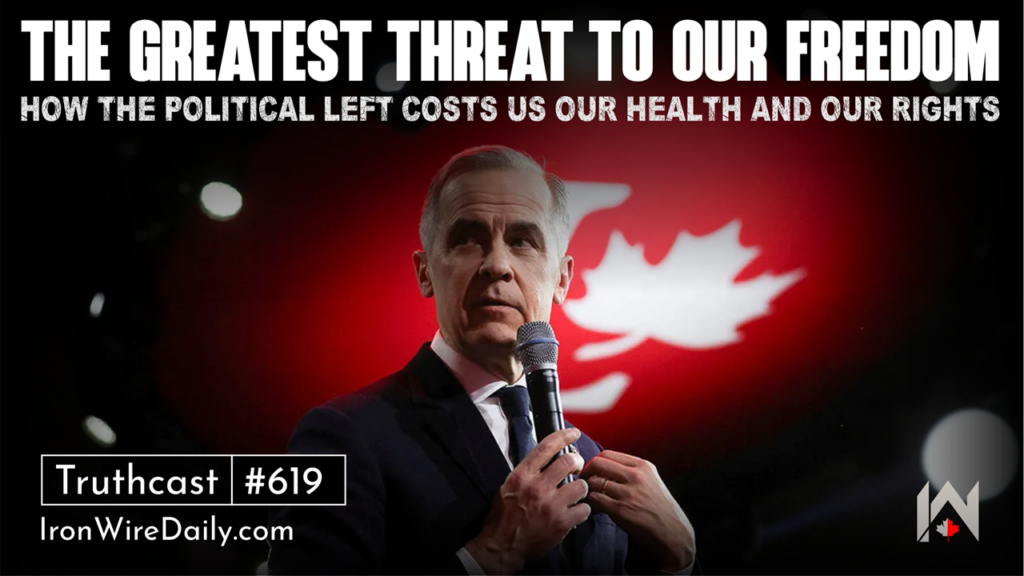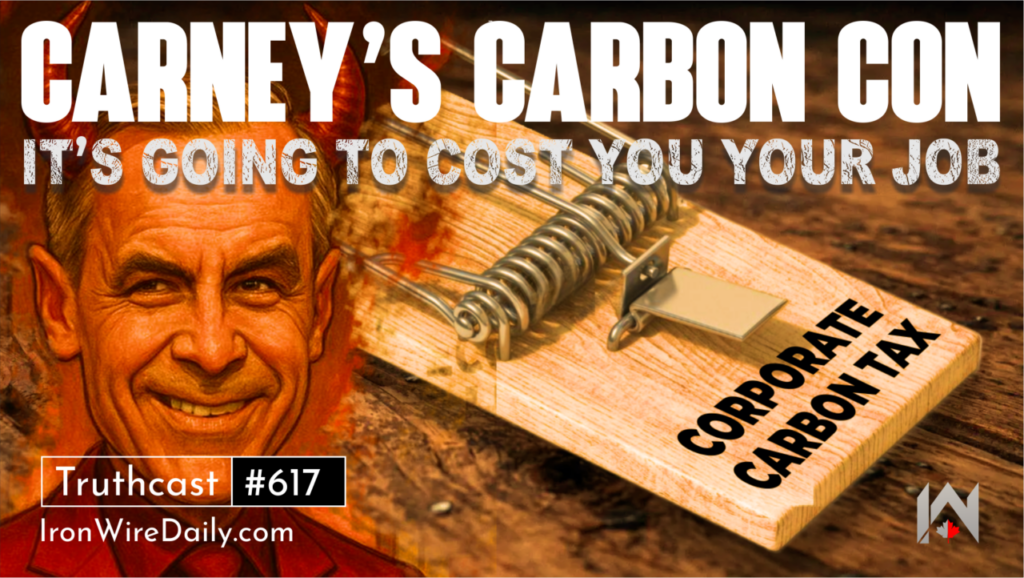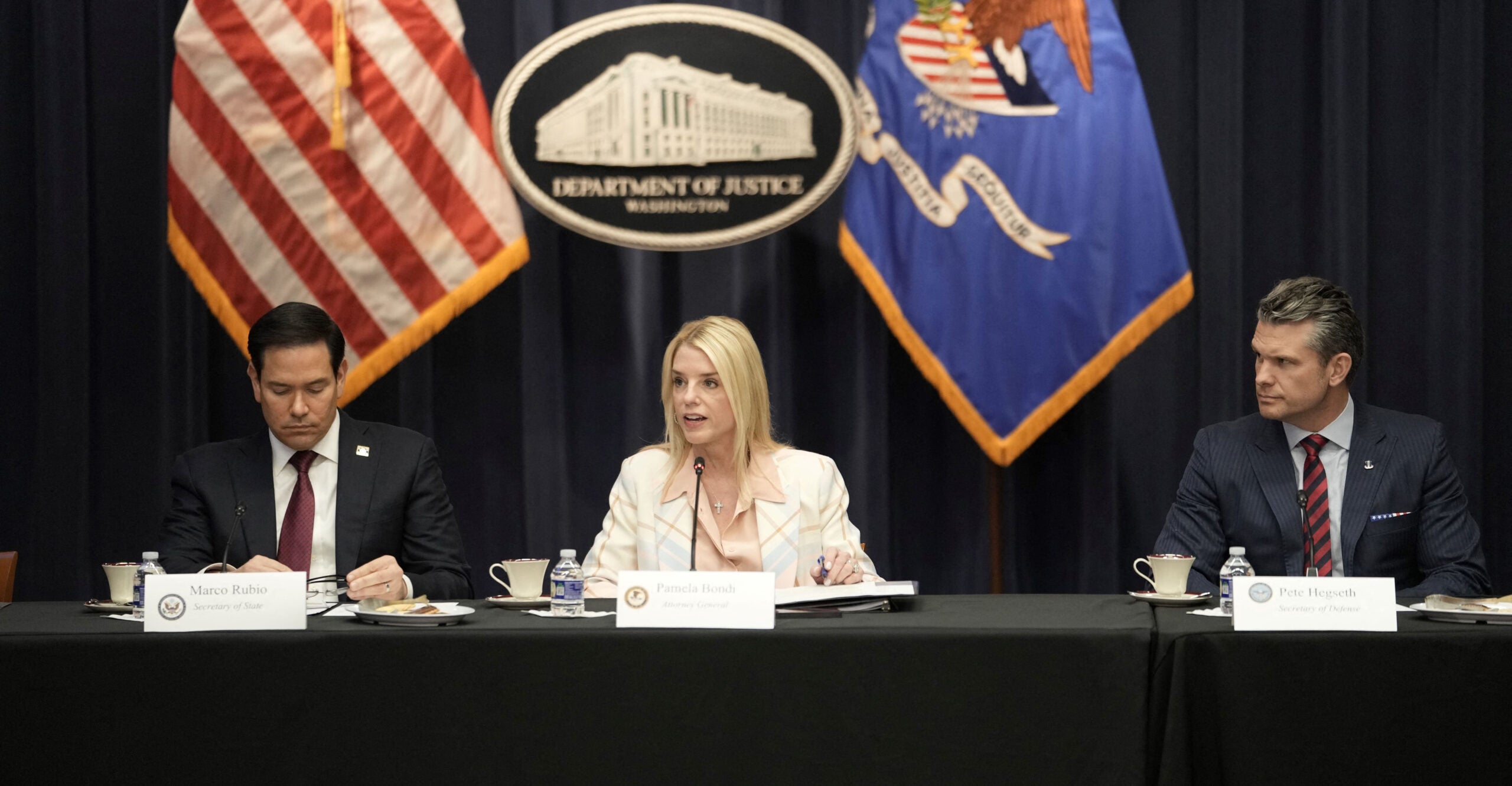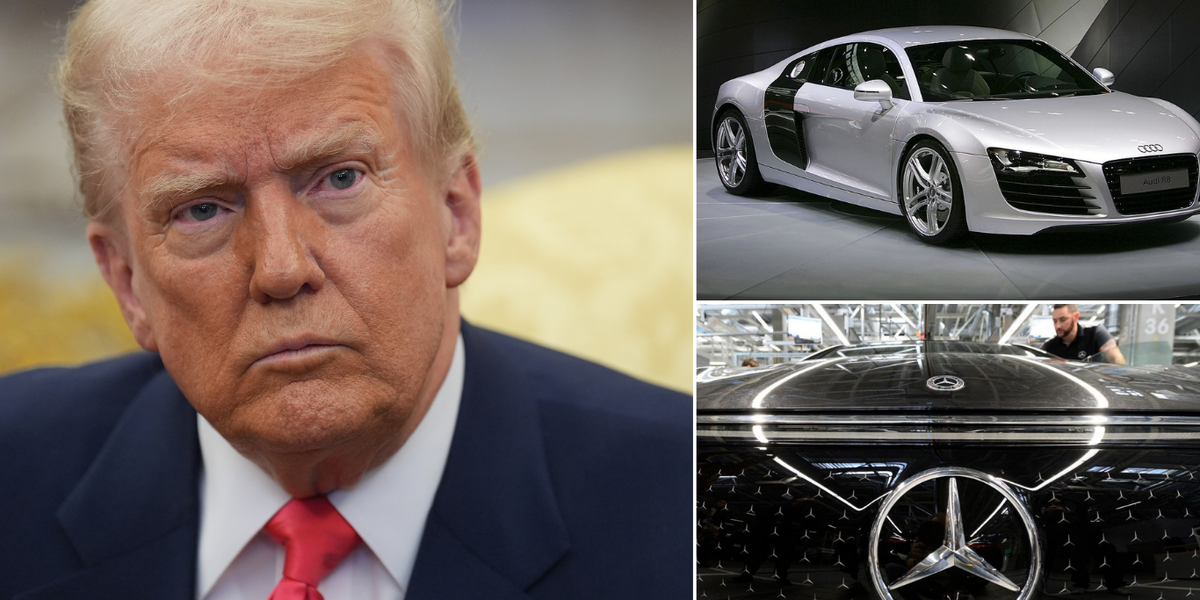Britons with older cars could see costs rise by ‘up to 20 per cent’ if UK launches auto tariffs on China
Experts have warned about potential damage that could be done to the UK economy if auto tariffs are levied on China, highlighting extra costs for drivers and a devastating impact on British manufacturing.
The European Union, the United States and Canada have all introduced tariffs against Chinese electric vehicles over the past year, with the aim of protecting national businesses and downplaying the influence of China.
The UK has so far refrained from imposing tariffs on China, despite global partners placing levies on Chinese automotive giants.
According to the Society of Motor Manufacturers and Traders (SMMT), China was the UK’s third-largest export partner, with a 6.6 per cent share of exports.
Do you have a story you’d like to share? Get in touch by emailingmotoring@gbnews.uk
Experts have warned that the UK must fully consider the outcomes of imposing auto tariffs on China
PA/REUTERS
This falls just behind the European Union (54 per cent of exports) and the United States (16.9 per cent), but ahead of the likes of Turkey, Japan, Australia, Canada and South Korea.
William Fletcher MBE, Chief Executive at car.co.uk, highlighted how the US was one of the first major players to slap China with additional tariffs under the Biden administration.
He said: “These measures make it economically unfeasible for Chinese automakers to sell into the US market at competitive prices. Meaning the UK could be an attractive destination for several reasons.
“Unlike the EU, which has imposed provisional tariffs of up to 45 per cent on Chinese EVs (on top of a standard 10 per cent duty), the UK has not yet followed suit with similar measures as of early 2025.
“Post-Brexit, the UK is charting its own trade path and has been hesitant to mirror the EU or US tariff strategies, partly to avoid antagonising China and partly to meet its decarbonisation goals with affordable EVs.”
Fletcher said that these measures would create a “relatively open market” for Chinese vehicles, with major manufacturers potentially eyeing the UK as an attractive destination.
This is especially true as the UK’s current import tariffs on vehicles are around 10 per cent for cars, and not specifically targeted against China, he noted.
Several Chinese manufacturers have already made impressive headway into the UK market, and more are planning to launch in the coming months.
Data from the SMMT shows that BYD, the world’s best-selling electric car manufacturer, has sold more than 9,000 vehicles so far this year. BYD is accompanied by Jaecoo (3,235), Leapmotor (193), Omoda (3,194) and Xpeng (36).
Other brands are also targeting a share of the UK market, including Deepal with the S07 electric SUV, which will market for under £40,000, and the Farizon electric van, with an estimated range of just under 250 miles.
Fletcher warned that imposing tariffs on China could have huge consequences on British manufacturers, who are already under pressure, and the general public.
The expert added: “Tariff-driven supply constraints could raise repair costs by up to 20 per cent, affecting owners of older vehicles most acutely.
LATEST DEVELOPMENTS:
- Motorist slapped with 18 driving fines worth up to £2,070 despite being exempt from road rules
- Labour to require all departments to have fully electric car fleets by 2027 in bid to ditch petrol and diesel
- Millions of drivers risk £10k fine for ignoring £94 car repair which can cause ‘much more serious’ issues
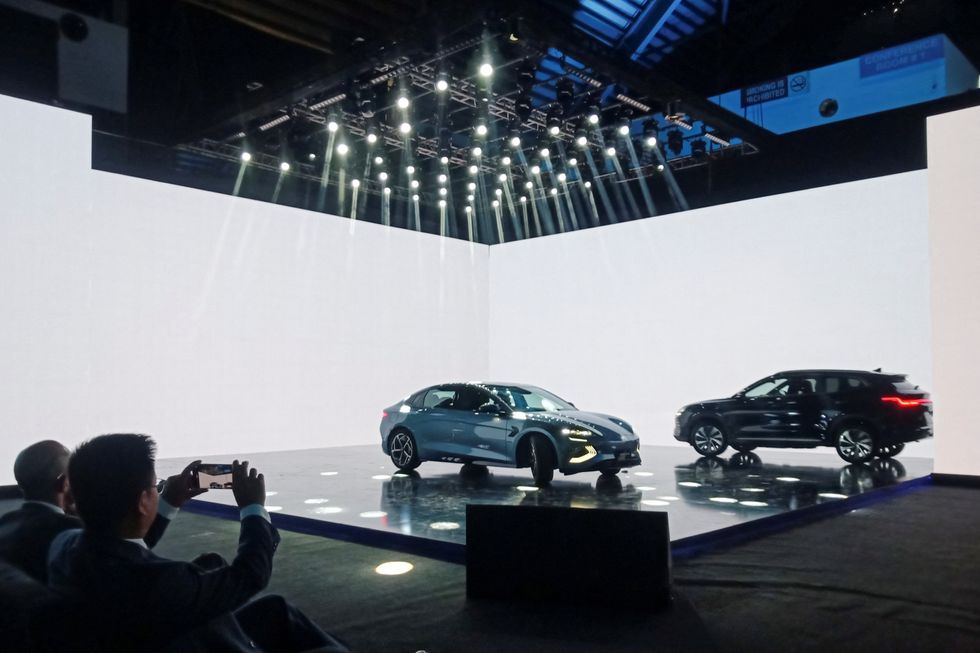
Chinese manufacturer BYD is one of the fastest-growing brands in the UK and around the world
REUTERS
“Economists also caution that global trade tensions may reduce UK GDP by 0.1-0.2 per cent in 2025, potentially adding inflationary pressure to household budgets.”
A Government spokesperson told GB News that it was not considering introducing any tariffs against any country, but would analyse market conditions.
They added: “We are always vigilant to international developments and are very clear that any decision over the implementation of tariffs has to be the right one for our domestic automotive industry.”
